"Scholars and women are continually perplexed in our attempts to articulate the overlaps between the `feminist' and the `feminine' and to understand the historical transformations of these
terms, as well as the recent development of `postfeminism(s)' and new forms of femininities. In this spectacular and important new work of feminist film theory, Radner significantly advances
the debate about feminism and its `posts' with her theory of neo-feminist culture. Using popular Hollywood films effectively to illustrate her argument. Radner traces the history of our
culture's simultaneous incorporation and transformation of feminism in its political, personal and social dimensions. Her theoretically sophisticated analysis of the complicated influence
feminism has had on our popular culture and thinking will be equally useful to cultural and film theorists, students and general readers. Neo-Feminist Cinema is culturally sophisticated film
theory at its best." Andrea L. Press, University of Virginia, author of Women Watching Television, Speaking of Abortion, The New Media Environment and co-editor of The Communication
Review
What lies behind current feminist discontent with contemporary cinema?
Through a combination of cultural and industry analysis, Hilary Radner's Neo-Feminist Cinema: Girly Films, Chick Flicks and Consumer Culture shows how the needs of Conglomerate Hollywood have
encouraged an emphasis on consumer culture within films made for women. By exploring a number of representative "girly films," including Pretty Woman, Legally Blonde, Maid in Manhattan, The
Devil Wears Prada and Sex and the City: The Movie, Radner proposes that rather than being "post-feminist," as is usually assumed, such films are better described as "neo-feminist." Examining
their narrative format, which revolves around the story of an ambitious unmarried woman who defines herself through consumer culture as much as through work or romance, Radner argues that these
films exemplify neo-liberalist values rather than those of feminism.
As such, Neo-Feminist Cinema offers a new explanation as to why feminist-oriented scholars and audiences who are seeking more than "labels and love" from their film experience have viewed
recent "girly films" as a betrayal of second-wave feminism, and why, on the other hand, such films have proven to be so successful at the box office.
-

In the Scene: Ang Lee
$1,033 -
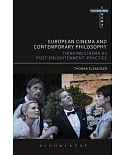
European Cinema and Continental Philosophy: Film As Thought Experiment
$5,400 -

How to Work the Film & TV Markets: A Guide for Content Creators
$7,875 -
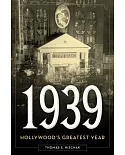
1939: Hollywood’s Greatest Year
$2,025 -

Studying British Cinema: The 1970’s
$1,350 -

The Audacious Josephine Baker: Blackness, Power and Visual Pleasure
$1,925 -

Kirk and Anne: Letters of Love, Laughter, and a Lifetime in Hollywood - Library Edition
$2,450 -

Philosophy and the Patience of Film in Cavell and Nancy
$4,500 -

Studying Action-adventure Cinema
$1,125 -
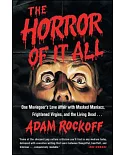
The Horror of It All: One Moviegoer’s Love Affair With Masked Maniacs, Frightened Virgins, and the Living Dead
$665 -
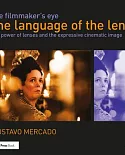
The Filmmaker’s Eye: The Power of Lenses and the Expressive Cinematic Image
$1,118 -

Kirk and Anne: Letters of Love, Laughter, and a Lifetime in Hollywood
$1,225 -

Local Cinema: Sardinia & European Periphery
$1,620 -
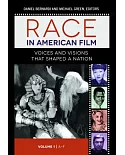
Race in American Film: Voices and Visions That Shaped a Nation
$13,230 -
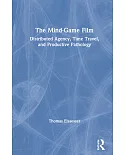
Melodrama, Trauma, Mind-games: Affect and Memory in Contemporary American Cinema
$5,625 -

The Encyclopedia of B Westerns
$3,825 -

Studying British Cinema: The 1980s
$1,463 -

Hollywood Hellraisers: The Wild Lives and Fast Times of Marlon Brando, Dennis Hopper, Warren Beatty, and Jack Nicholson
$595 -
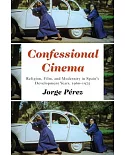
Confessional Cinema: Religion, Film, and Modernity in Spain’s Development Years, 1960-1975
$3,150 -
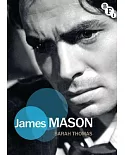
James Mason
$1,215

